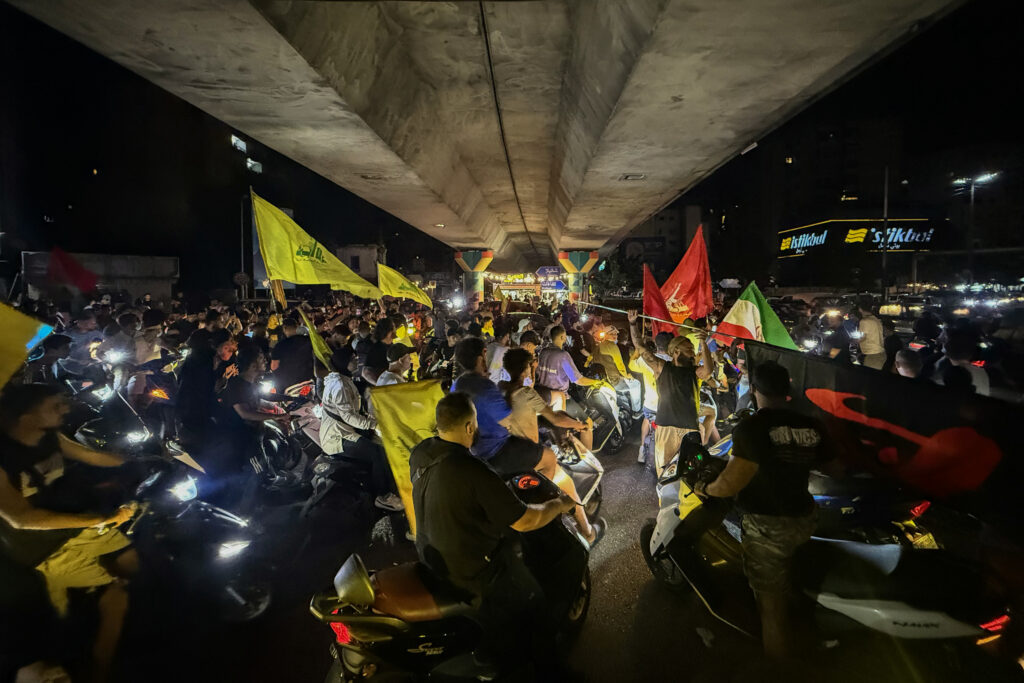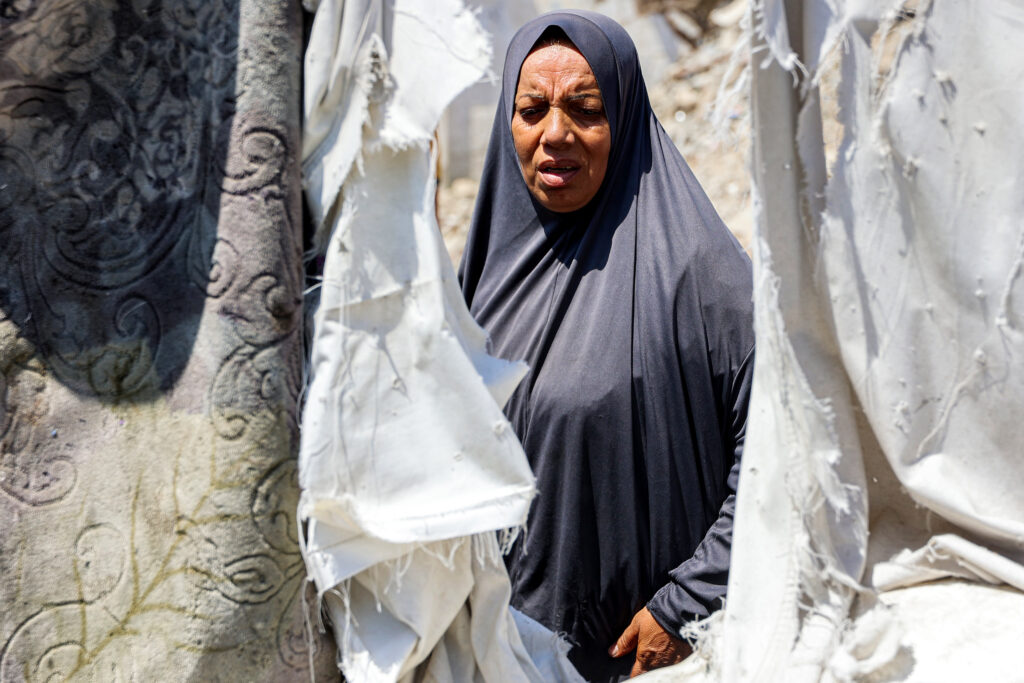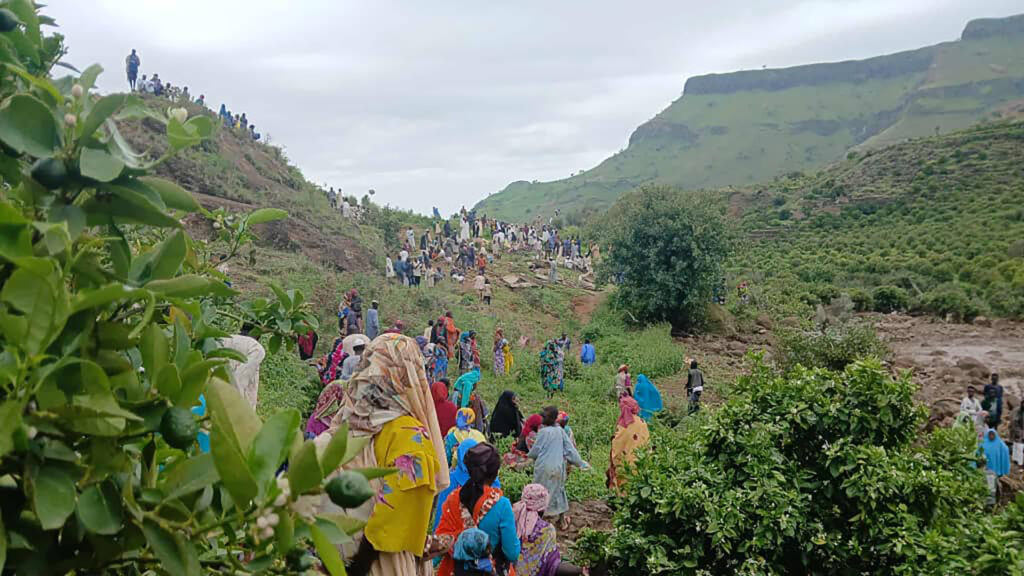Lebanon to discuss army’s plan to disarm Hezbollah
The Lebanese government is set to discuss on Friday an army plan to disarm Hezbollah, which the Iran-backed group opposes, accusing the cabinet of playing into the hands of Israel and the United States.In August, under heavy US pressure and fearing Israel would intensify its strikes, Lebanon’s government ordered the army to draw up a plan for disarming Hezbollah by the end of the year.Hezbollah reiterated its opposition to the move on Wednesday, with its parliamentary bloc calling on Lebanese authorities to “reverse their… unpatriotic decision”.The government says disarming Hezbollah is part of implementing the US-brokered ceasefire agreement from November that ended over a year of hostilities between the group and Israel. Friday’s cabinet session comes amid intensified Israeli airstrikes on southern Lebanon over the past two days, which killed at least five people, according to the health ministry and the state-run National News Agency.David Wood, a senior Lebanon analyst at the International Crisis Group, told AFP that “Israel is trying to send a message that only concrete action on disarmament, rather than pledges and words, will do the job”.Should the cabinet approve the plan, Wood said Hezbollah could consider other options like “imposing pressure on the Shiite ministers to resign from the government” or “trying to organise mass protests”.Al Akhbar, a Lebanese pro-Hezbollah newspaper, said that Hezbollah and Amal ministers might refuse to discuss the army’s plan on Friday.In an attempt to ease tensions, speaker of parliament and head of the Hezbollah-allied Amal movement Nabih Berri called on Sunday for discussions to be “a calm and consensual dialogue”.- ‘Momentous’ -In late August, Prime Minister Nawaf Salam said “the path of monopolising arms, extending state authority and monopolising decisions on war and peace is a path that has begun and there is no turning back”.Hezbollah was the most powerful political force in Lebanon before its most recent war with Israel, able to sway and disrupt governments. The balance of power in Lebanon has since shifted, with Hezbollah badly weakened by the war as well as the overthrow of its ally Bashar al-Assad in Syria.The group’s leader Naim Qassem accused Lebanon’s government of handing the country to Israel by pushing for its disarmament.Qassem also said Hezbollah and Amal had postponed a previous call for protest to allow room for discussion and “to make adjustments before we reach a confrontation that no one wants”.However, he added, “if it is imposed on us, we will face it”.Hezbollah was the only group to keep its weapons after Lebanon’s 1975-1990 civil war, doing so in the name of resistance against Israel, which occupied the south until 2000.




